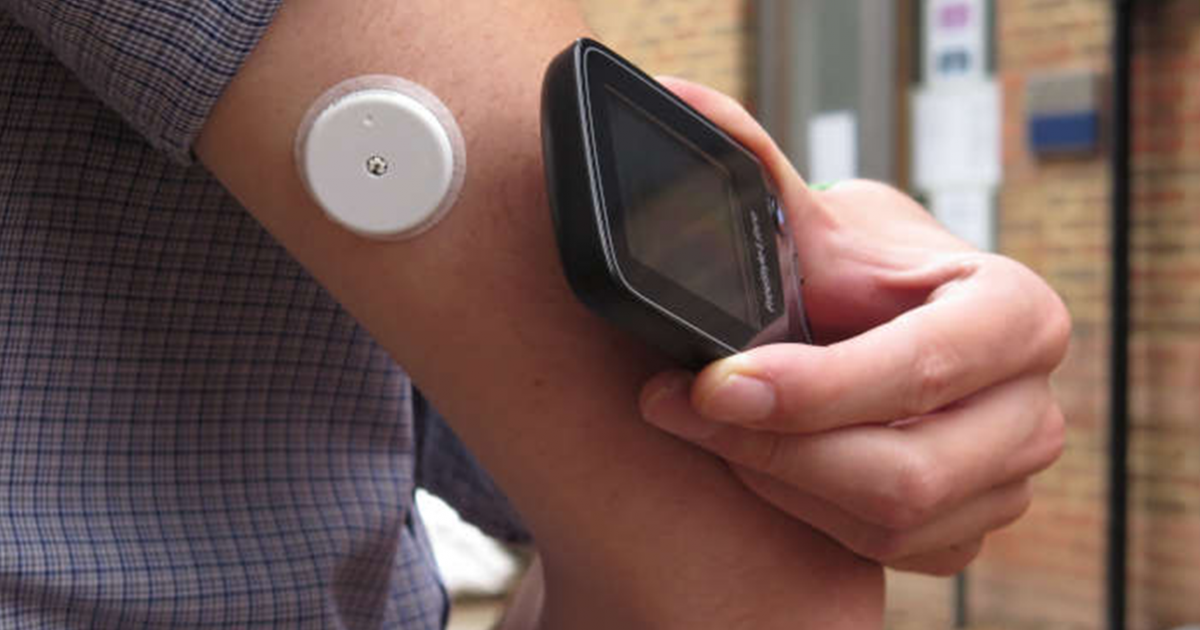Immunotherapy treatment for type 1 diabetes could be available by 2025, according to Diabetes UK.
Immunotherapies re-programme the immune system in a bid to stop it from attacking working cells in the body. In the case of type 1 diabetes, the immune system destroys the beta cells in the pancreas, which produce insulin.
So far, clinical studies have shown promise for immunotherapy. Recently, one treatment was shown to delay the onset of the type 1 diabetes by two years.
Diabetes UK has now claimed in its ‘A generation to end the harm: Diabetes UK strategy 2020-2025’, that “we believe a licensed immunotherapy can be achieved within the next five years, bringing us closer to a cure for type 1 diabetes”.
The charity says of the treatment, “not only would this be a huge leap forward in changing lives, but it would also inspire new funding and attract pharmaceutical companies focused on developing immunotherapies for wider use.”
Diabetes UK said it believes “breakthroughs are close” in islet cell transplantation and also stem cell research, adding that it aims to “drive forward innovations to cure type 1 diabetes, from technological options to immunotherapies”.
This commitment is one of five key outcomes which the charity will focus on achieving over the next five years.
Another key priority for the charity is to help more people achieve remission of type 2 diabetes. Remission of type 2 diabetes is the ability to achieve healthy blood glucose levels without the need for diabetes medication. The charity aims to support and influence the rollout of education and lifestyle programmes aimed at helping people to achieve remission.
A number of programmes are already available offering support and advice in helping people to put type 2 diabetes into remission, including the Low Carb Program from Diabetes Digital Media. Peer-reviewed research has shown that participants in the Low Carb Program achieved lower HbA1c levels, reduction in body weight and reduced dependency on type 2 diabetes medication.
Diabetes UK stated that help towards achieving type 2 diabetes remission should be available as widely as possible and the charity promised to fund more research to better understand how progression of type 2 diabetes can be reversed.
In another outcomen, the strategy states that people with diabetes should also receive more and better emotional support, which is personalised to reduce isolation and improve confidence in self-managing all types of the condition.
Five outcomes by 2025
The five outcomes Diabetes UK is working to achieve by 2025, are:
- More people with type 1, type 2 and all other forms of diabetes will benefit from new treatments that cure or prevent the condition.
- More people will be in remission from type 2 diabetes.
- More people will get the quality of care they need to manage their diabetes well.
- Fewer people will get type 2 and gestational diabetes.
- More people will live better and more confident lives with diabetes, free from discrimination.
Chris Askew, Diabetes UK’s Chief Executive, said: “Through our new strategy we’re restating our commitment to tackling the diabetes crisis on all fronts. We’re facing an urgent public health problem. Tackling this requires ambitious and sustained action from national governments, across sectors and departments. That’s because, right now, it’s hard to be healthy.”





